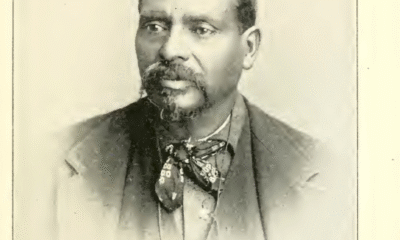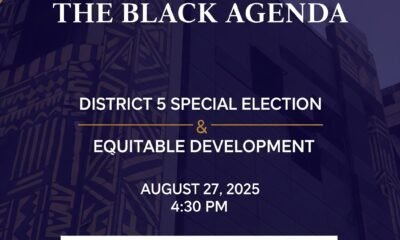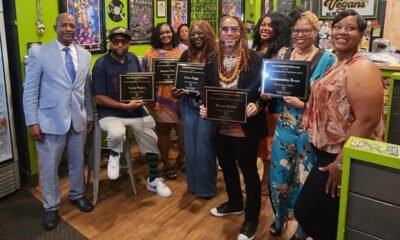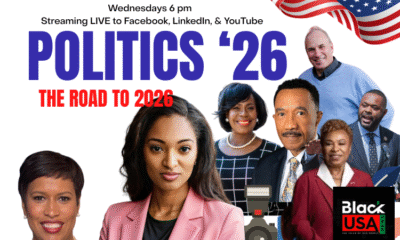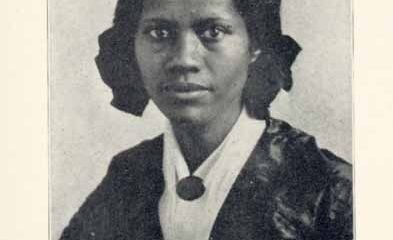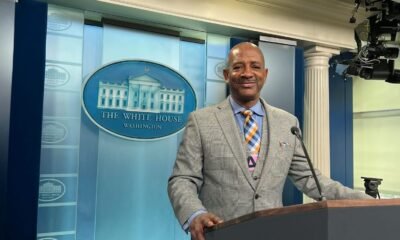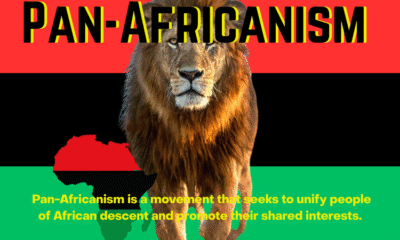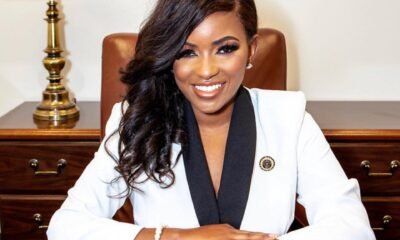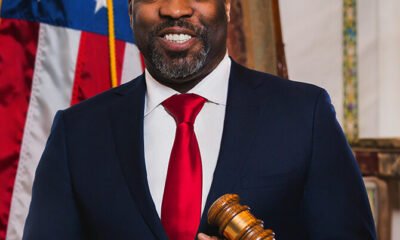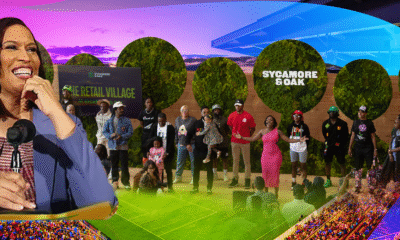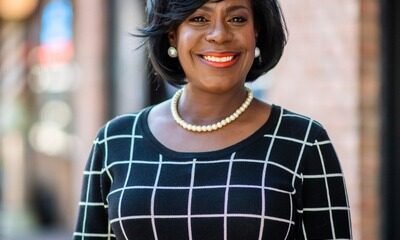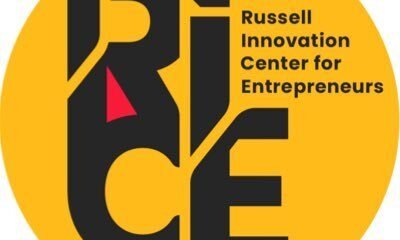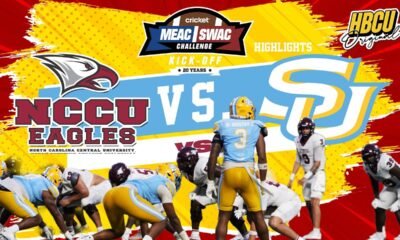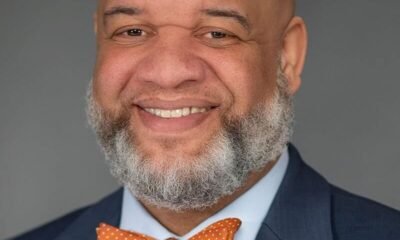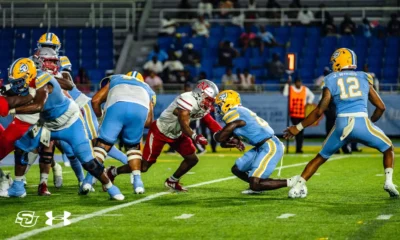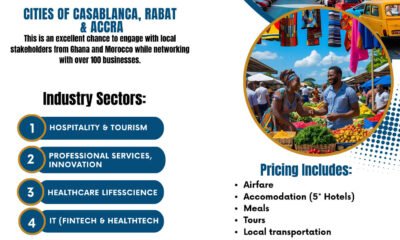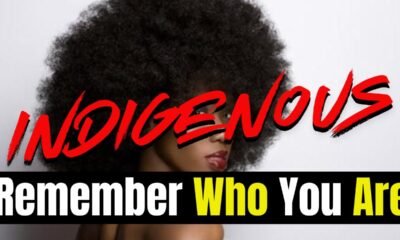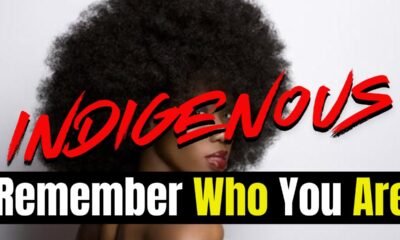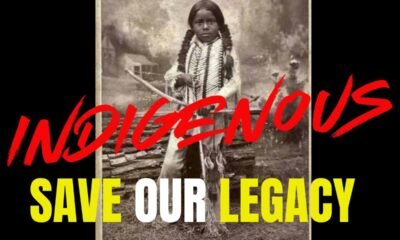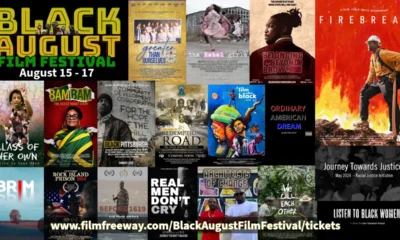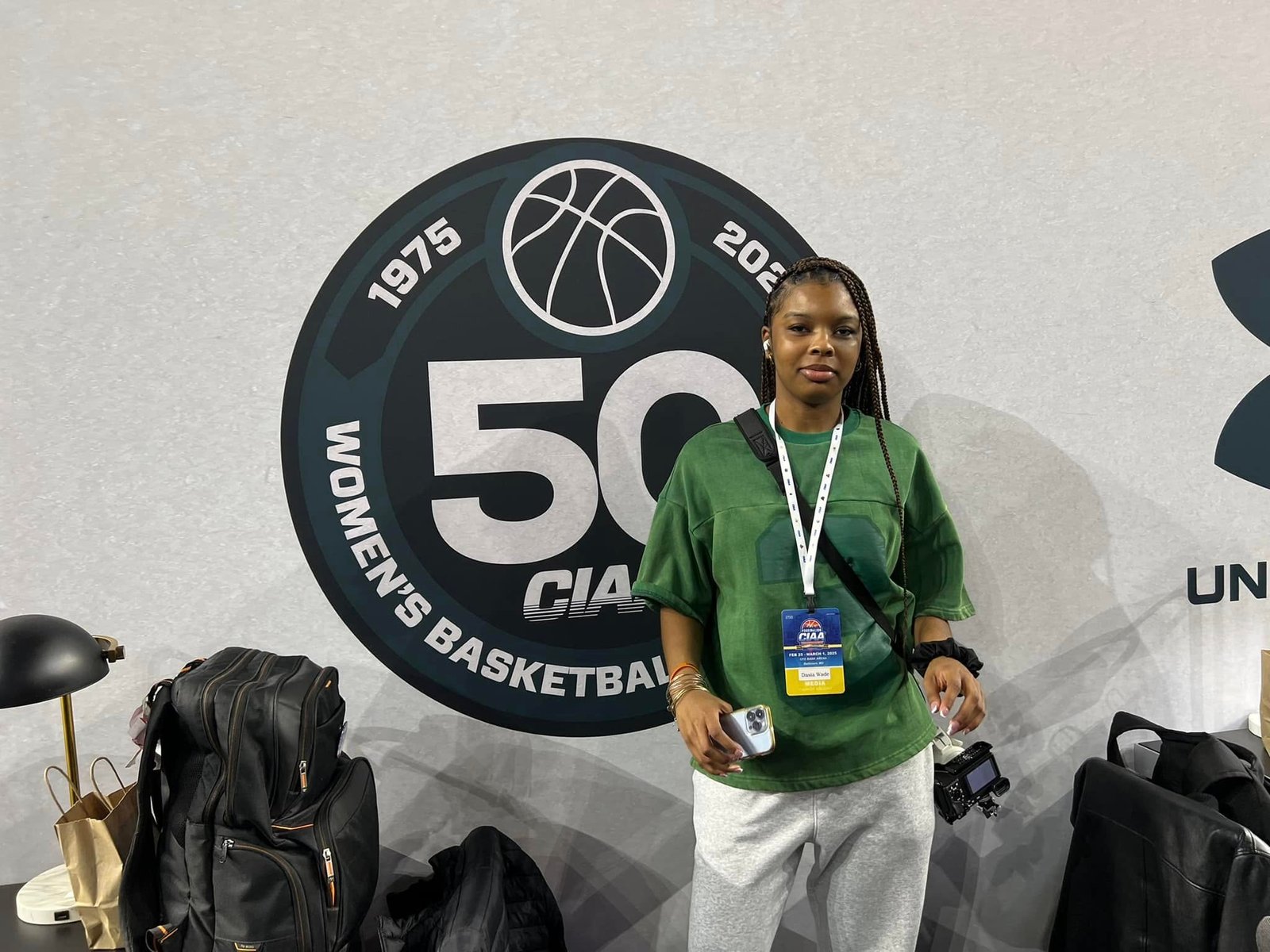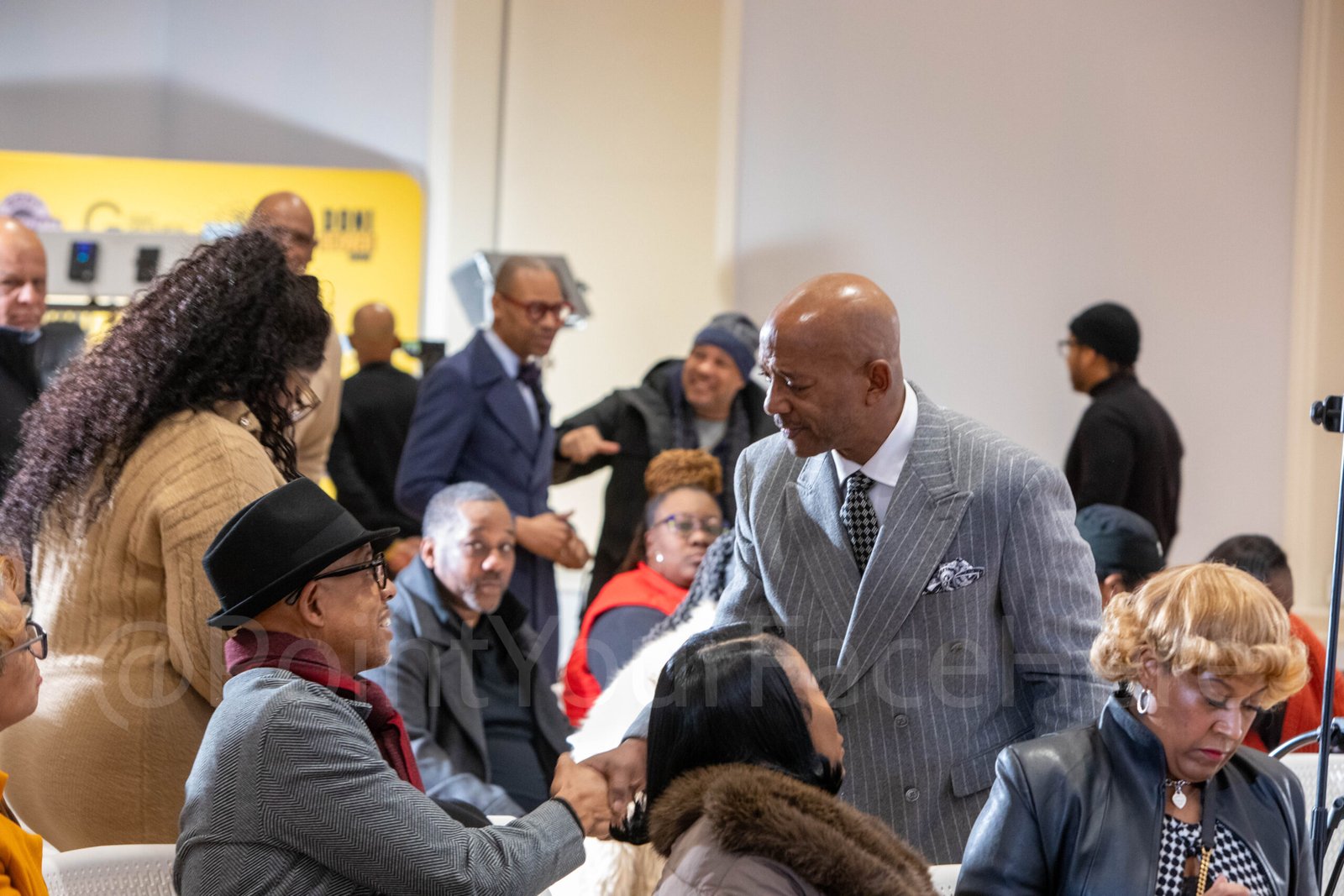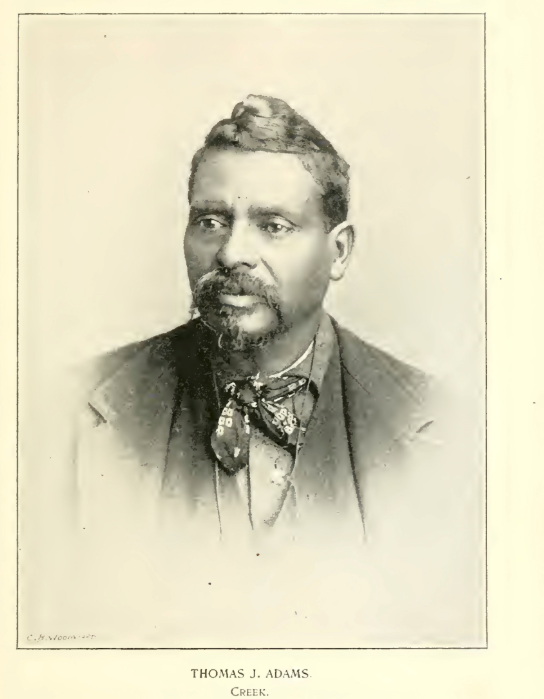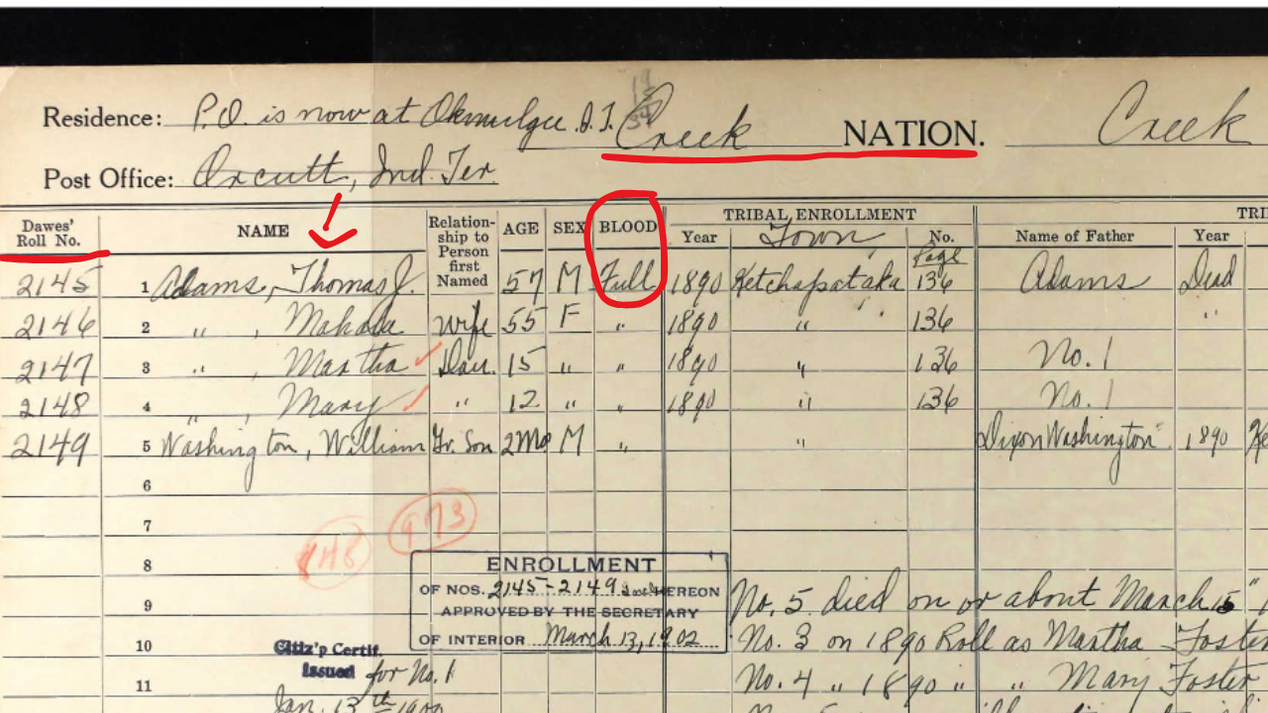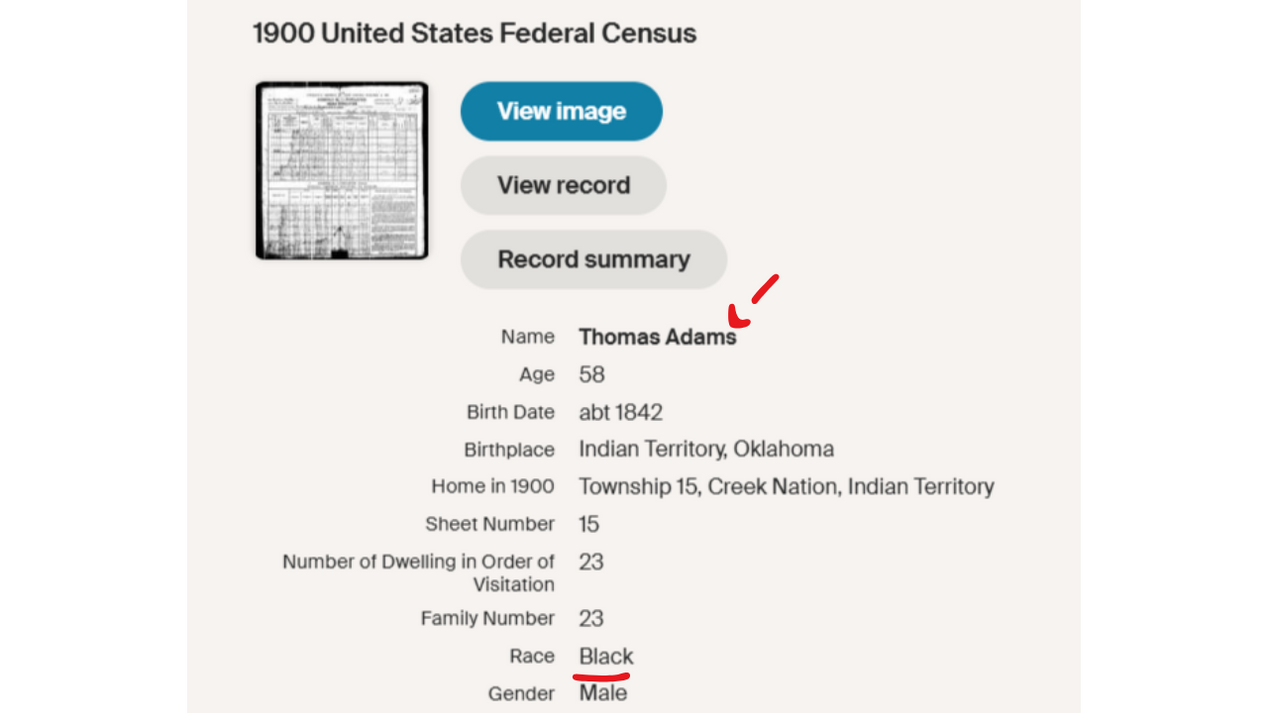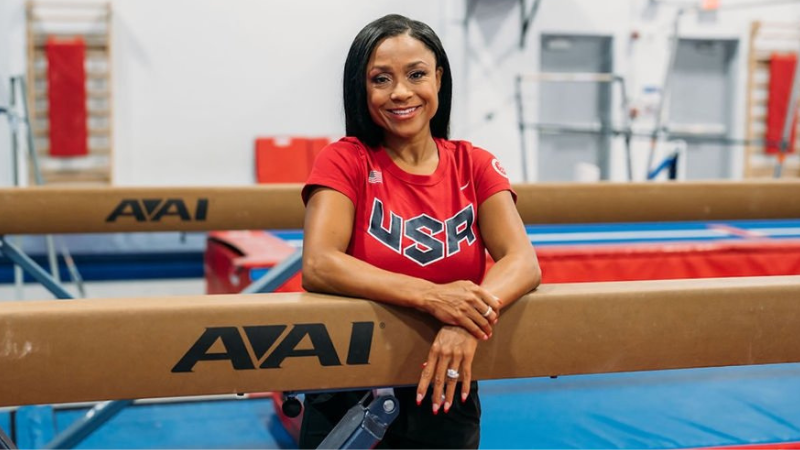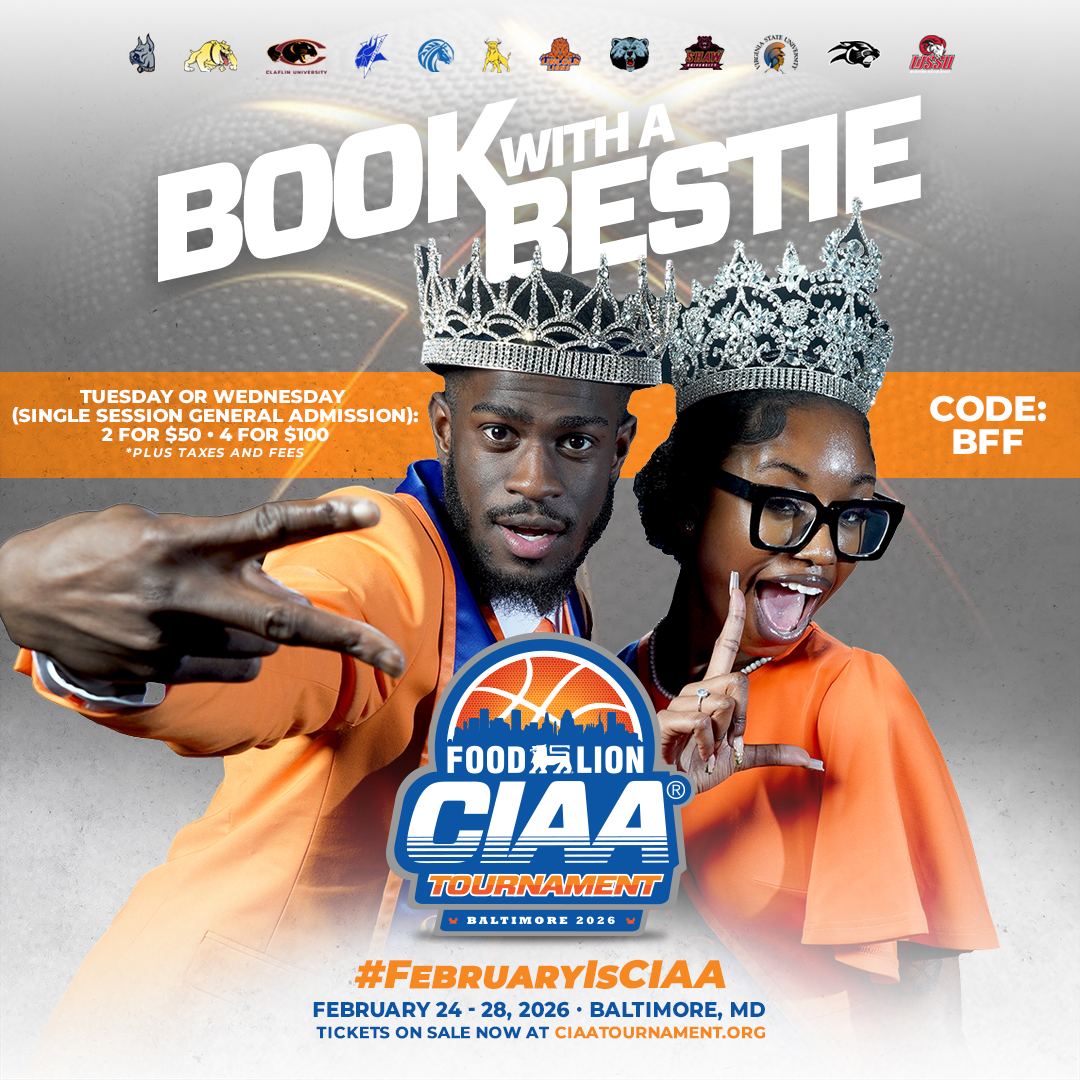(CHARLOTTE – July 20, 2025) — It’s official: the CIAA Men’s and Women’s Basketball Tournament will remain in Baltimore through 2029. The news, announced last month, cements Charm City’s position as the long-term home of one of the nation’s most significant celebrations of Black collegiate athletics and culture.
Announced on June 18, 2025, by the Central Intercollegiate Athletic Association (CIAA), the extension comes after years of successful collaboration between the City of Baltimore, state leadership, local businesses, and the CIAA. Since its in-person debut in Baltimore in 2022, the tournament has proven to be more than a sporting event—it’s a cultural cornerstone, a family-friendly celebration, and a powerful economic engine for the region.
“Baltimore’s leadership continues to demonstrate the importance of the CIAA to its community and culture,” said CIAA Commissioner Jacqie McWilliams Parker. “They understand and value the event’s impact, one that extends far beyond the game.”
A Cultural and Economic Powerhouse
Far more than a sporting event, the CIAA Tournament has emerged as a national gathering point for Black excellence. With events such as Education Day, Fan Fest, and the Career Expo, the weeklong celebration draws tens of thousands of fans, alumni, and students—energizing the city and strengthening ties across generations.
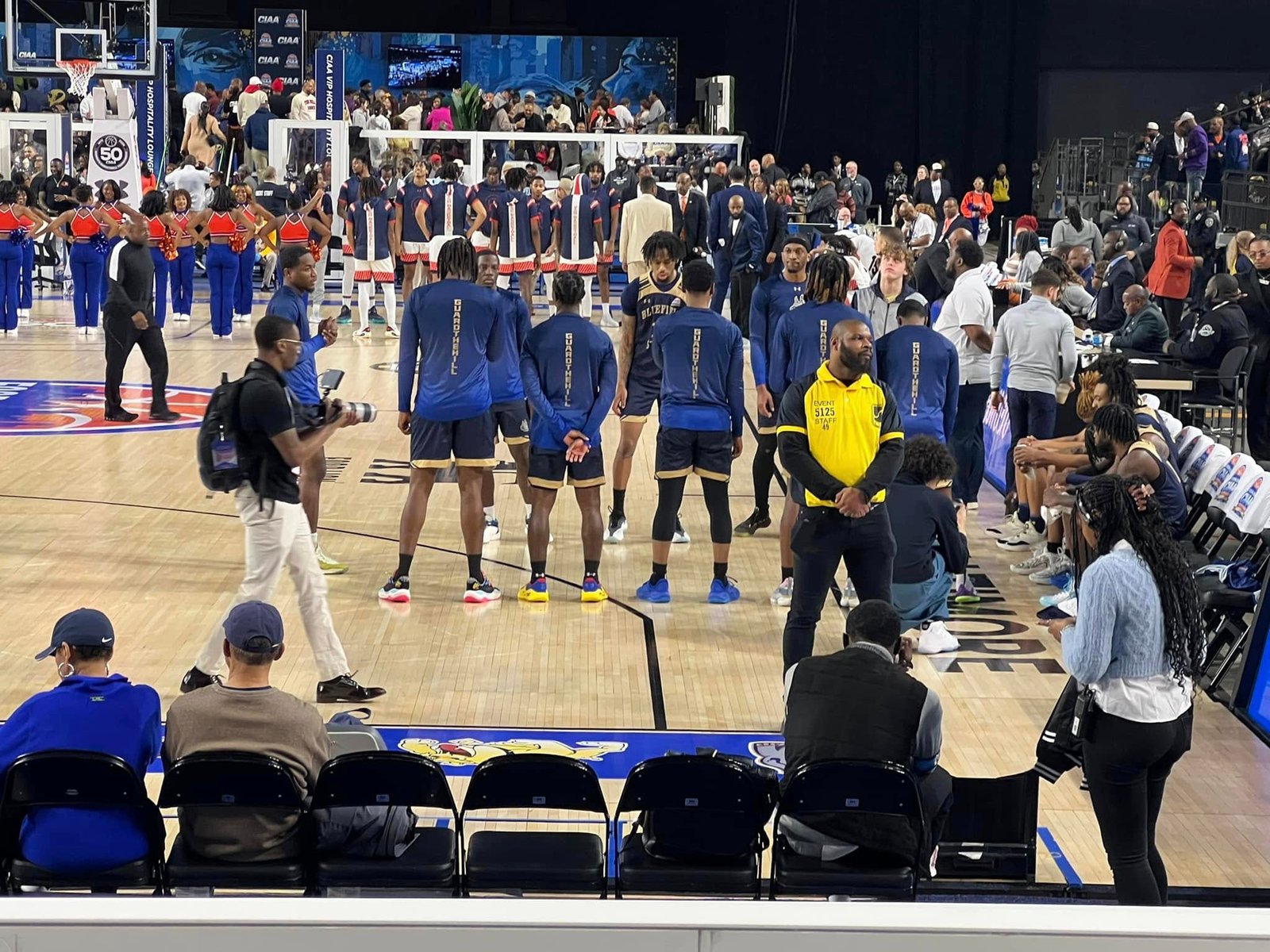
According to Visit Baltimore and city officials, the 2025 tournament generated a $27.4 million economic impact, with $19.8 million in direct spending. It supported 1,487 jobs and contributed $2.4 million in state and local taxes.
According to Visit Baltimore and city officials, the 2025 tournament generated a $27.4 million economic impact, with $19.8 million in direct spending. It supported 1,487 jobs and contributed $2.4 million in state and local taxes. Since arriving in Baltimore, the tournament has generated over $109 million in economic impact, with $4.8 million spent with minority-owned businesses.
Strong Public and Private Support
This continued success is backed by a coalition of stakeholders, including Governor Wes Moore, Mayor Brandon Scott, Visit Baltimore, and the Local Host Committee, along with community organizations and HBCU leaders.
“The CIAA is more than a basketball tournament; it’s a cultural institution,” said Governor Moore. “Its continued presence will not only boost our economy but also advance our shared commitment to equity and opportunity for all Marylanders.”
Baltimore-based powerhouse Under Armour will also extend its sponsorship through 2029, reinforcing its deep local roots and commitment to student-athletes. “This collaboration goes far beyond apparel,” said CEO Kevin Plank. “It represents shared values, community impact, and a commitment to excellence.”
Additionally, the city, state, and partners have collectively contributed $1.6 million to the CIAA General Scholarship Fund, benefiting students at the 13 CIAA-member HBCUs.
HBCU Legacy, DMV Access
As the nation’s oldest historically Black athletic conference, the CIAA (founded in 1912) continues to set the bar for Division II sports, equity, and academic achievement. Its tournament brings alumni and supporters from across the country, and Baltimore’s central location in the DC-Maryland-Virginia (DMV) region makes it a perfect hub. It’s also home to Bowie State University, the only CIAA school in Maryland.
“This tournament isn’t just basketball games. It’s a celebration of Black culture, Black history, and Black excellence,” said Mayor Brandon Scott. “We are proud to serve as its home.”
Looking Ahead
With the tournament locked in through 2029, Baltimore has a unique opportunity to deepen its legacy as a national beacon of Black cultural celebration, economic growth, and educational empowerment.
The next CIAA Men’s and Women’s Basketball Tournament will be held February 24 to March 1, 2026, at CFG Bank Arena.
To learn more about the CIAA and its impact, visit theciaa.com.
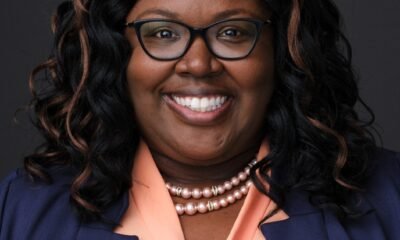
 HBCU7 months ago
HBCU7 months ago
 Videos3 years ago
Videos3 years ago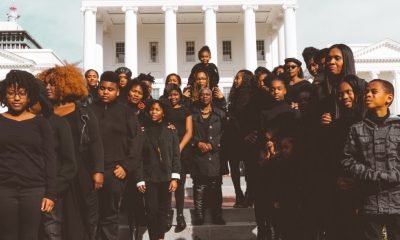
 Videos3 years ago
Videos3 years ago
 Videos2 years ago
Videos2 years ago
 Videos1 year ago
Videos1 year ago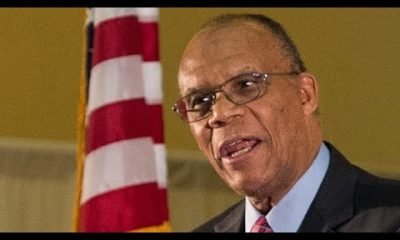
 Videos3 years ago
Videos3 years ago
 Videos2 years ago
Videos2 years ago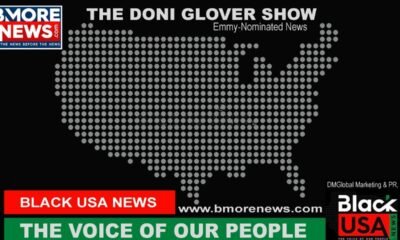
 Videos3 years ago
Videos3 years ago
